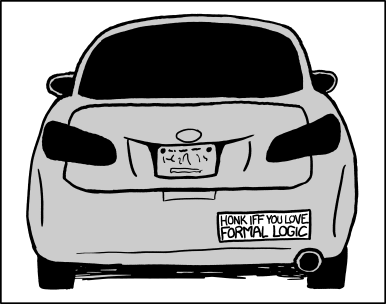Although I have spent much of this semester re-reading my old posts to assess my growth as a computer scientist, I find this post to be especially important to reflect on. While recursion is still my favorite computer science concept to date, I think that at the time of this post I didn't have as much of a solid grasp on this concept as I believed I did. Certainly working on minimax helped my understanding tremendously but I do not believe that I was truly comfortable with using recursion until much later when I had more practice. Furthermore, I think my frustration with binary search trees noted in the end of my post was simply a symptom of this uncomfortably which became clear to me after looking over my code again as I had suggested I might. Working on option A of Assignment 3 was a far greater challenge and really solidified the idea of using recursion just as any other computer science tool that I have learned to date. After pouring over pruning for several hours and completing myopic and memoization in minutes, as noted in a previous post, I can now confidently say that I both understand and am very confident in my writing of recursive functions.
Despite my slight hurdle with recursion, I found this course to be relatively straight forward conceptually. Assignments 2 and 3 were definitely challenging but they were very effective in pushing us to become stronger problem solvers; I enjoyed every minute of working on them. This will be my final post regarding CSC148 so I would like to take a moment to thank all of the TAs, instructors, and fellow students for the amount of support given to me throughout the course. You all contributed to a fantastic semester studying CS!
In addition, these slogs were especially helpful and interesting:
Sam
https://csc148winter2015.wordpress.com/
Monica
Note to my TA: I was unaware that this post was to be made last week. I did post last week, just not about the assigned topic so I would like this to be marked as my Week 11 Revisit post if possible.
